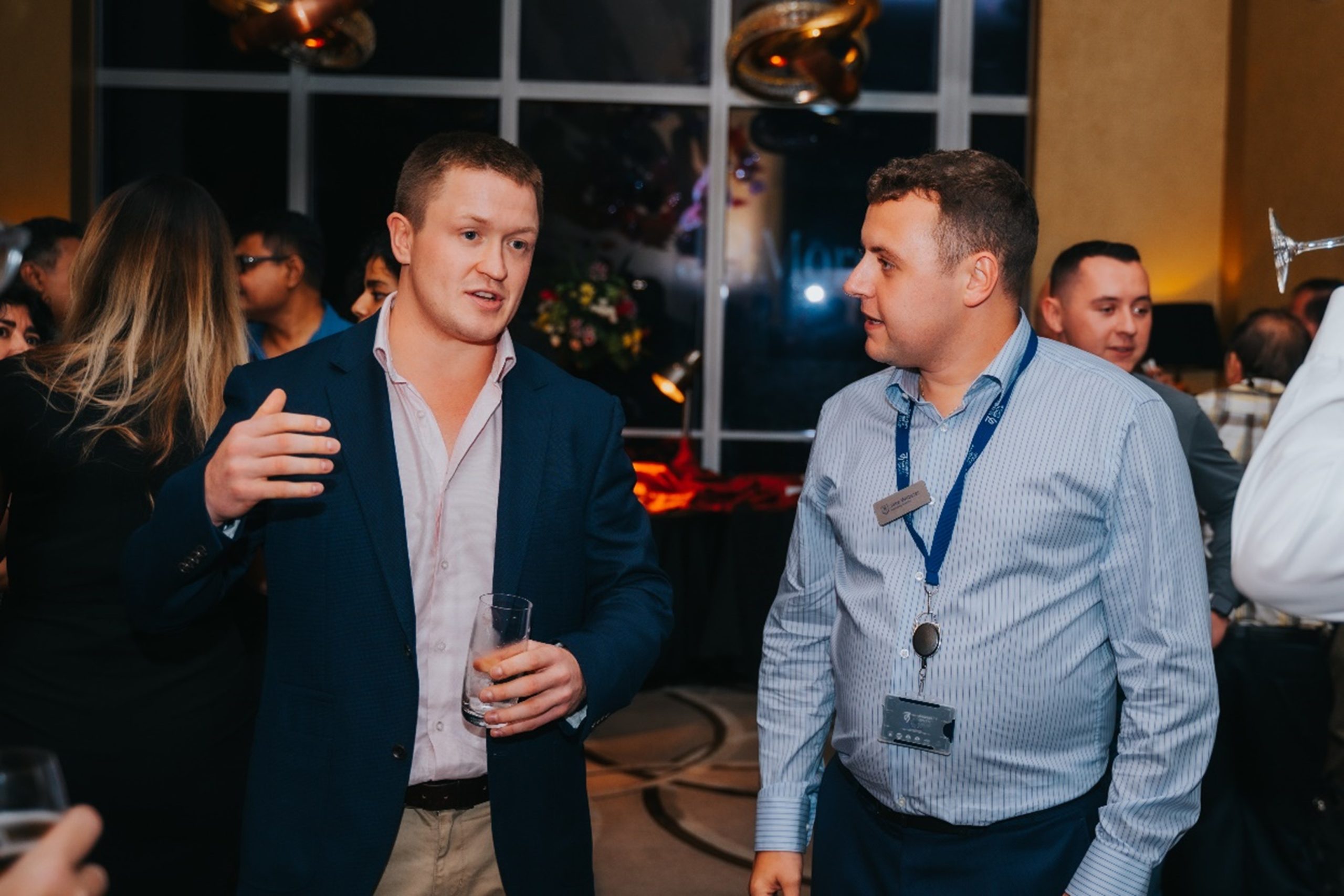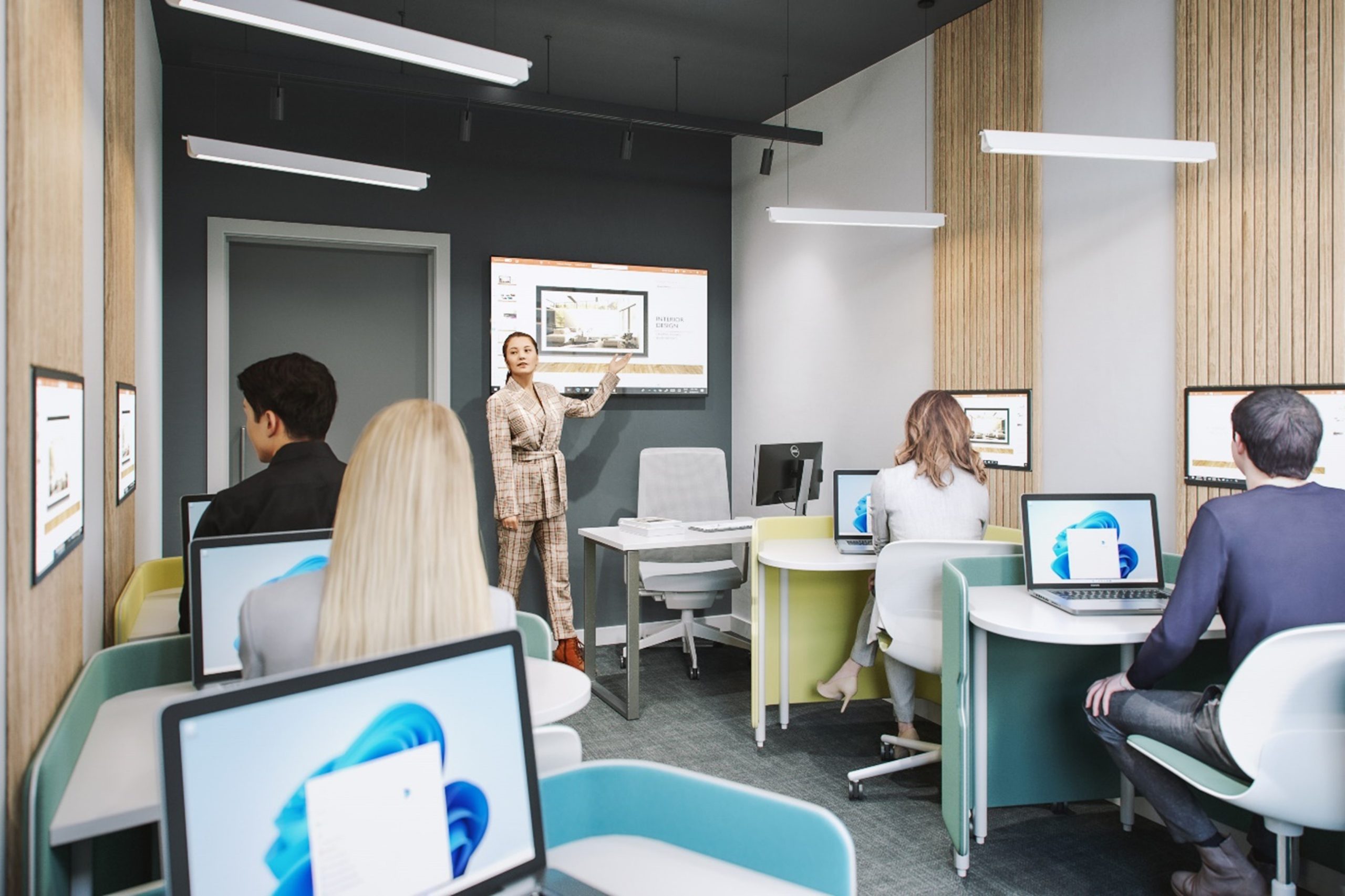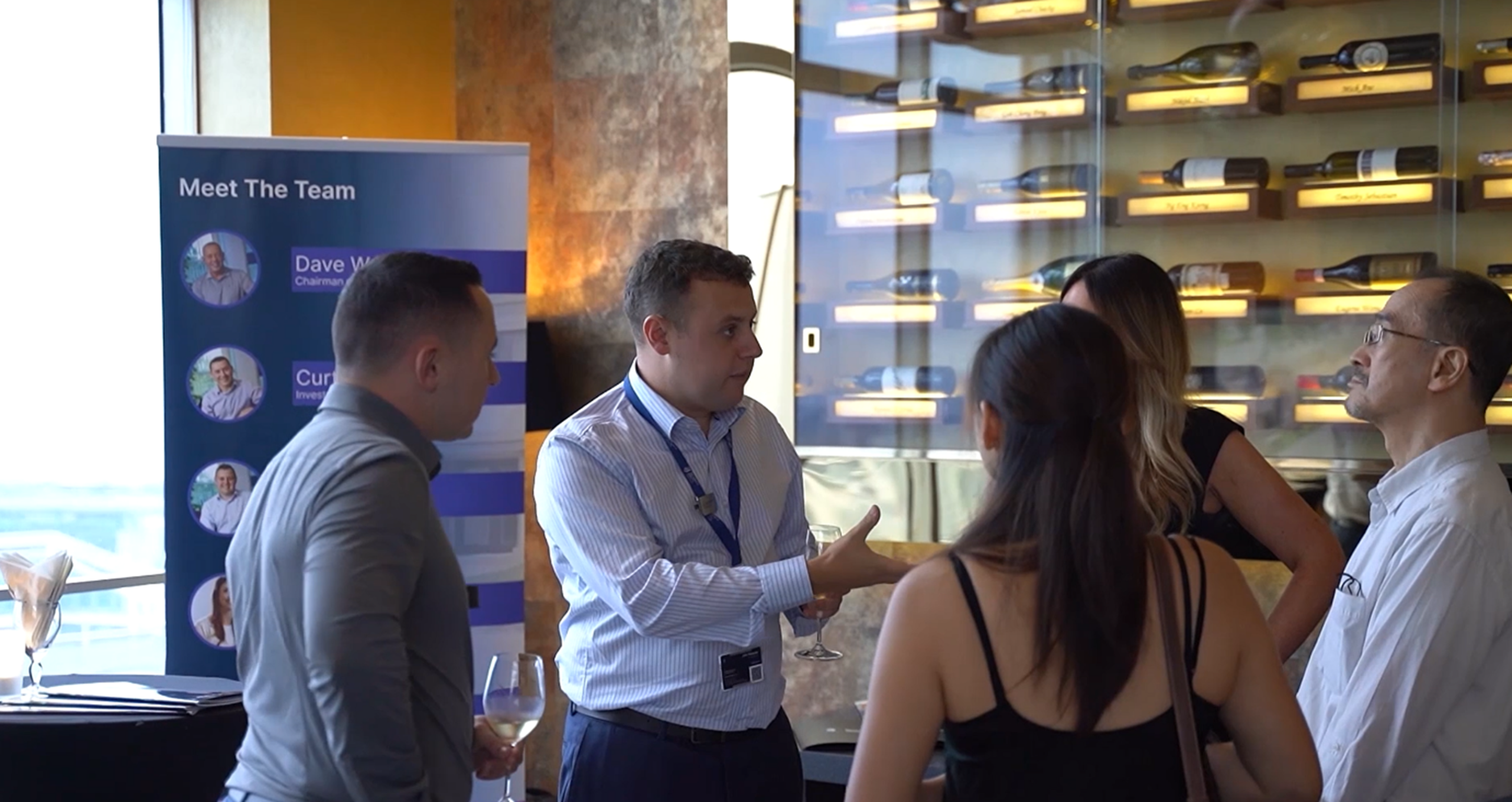In my line of work, clients often question me on whether real estate assets still hold the same ‘safe haven’ status they once did and what the future holds for the UK property market.

We can all agree it’s a complex issue, especially given the current climate. With the economic shockwaves of Brexit, the COVID-19 pandemic, the Ukraine war, skyrocketing inflation and interest rates, and the ongoing cost-of-living crisis, we’re now seeing the ripple effects across the UK property market, which has presented both challenges and opportunities.
But despite the economic climate, real estate still offers significant investment opportunities, with the right approach. At the Seventy Ninth Group, our commercial strategy is to identify optimal times to procure assets while the market is challenging, redevelop them and add value before disposal. Our acquisition model by its very nature thrives in periods of economic uncertainty.
Naturally, we understand the doubt, concern, and scepticism from financial communities, and we can’t simply bury our heads in the sand about economic factors beyond our control. We understand this economic downturn may get worse before it gets better, with consequences for future generations. We believe transparency is the best policy when facing concerns for the markets and the wider economy – and as a matter of principle, we don’t sugar coat harsh realities and hard truths.
When navigating such economic risks as asset managers, we know an informed and clear-headed approach is optimal. But as any business leader will tell you, the decisions made when times are tough aren’t solely informed by facts and figures, trends and forecasts, data points and spreadsheets.
Sometimes we have to approach things differently and rely on something an individual either naturally possesses or they don’t in the business world: instinct. We read the room, listen to the pulse of the markets, anticipate and prepare, and act accordingly upon a shared vision. As my father, Dave Webster, the Seventy Ninth Group’s co-founder and chairman says, “We see things differently. We see the ripples in the water.”
Proceeding with short-term caution in this sector, especially in times of turbulence and unpredictability, may seem like it doesn’t leave much room for optimism in the long term. However, we firmly believe challenges can be approached not as obstacles, but as opportunities. Maintaining focus, trying different approaches, trusting those finely tuned instincts, and maintaining a success-oriented mindset in times of uncertainty is half the battle.
A recent project of ours which shows how this approach works in practice, was the procurement and pending redevelopment of Millennium Park in Warrington, United Kingdom. Our ambition is to transform an empty commercial unit in a prime location into a state-of-the-art, mixed-use, bustling business hub – a contemporary, collaborative, centralised workspace which up to 59 local companies can call home. The mixed-use nature of the development will also enable SMEs to collaborate with other businesses in neighbouring office suites, fostering community and facilitating networking and growth.

For this project our instincts informed how we anticipated the markets are moving, and based on our analysis of post-pandemic work culture we understand that the WFH (working from home) model popularised by the COVID-19 pandemic may not be the most sustainable for either employers or staff in the long term.
We appreciate how this model may seem more cost-effective initially, with smaller businesses being priced out of larger office spaces with skyrocketing rents and higher energy costs, but we also see how dwindling productivity in distraction-filled home offices is vastly more damaging to the bottom line in the long run.
As the UK workforce increasingly returns to the office on a permanent or hybrid-working basis, we recognised an opportunity to offer flexibility and affordability for locally based SMEs, and so we’re providing the right space, in the right location, at the right price point.
As asset managers, keeping our finger on the pulse of domestic and international markets is key. We’ve been operating in the property industry since the 1980s and we’re noticing turning points within financial communities themselves: people’s investment habits are changing as the economy fluctuates and we’re seeing a growing desire of investing for increasingly higher returns to offset the effects of inflation and rising living costs, protect hard-earned wealth, and to secure futures.














